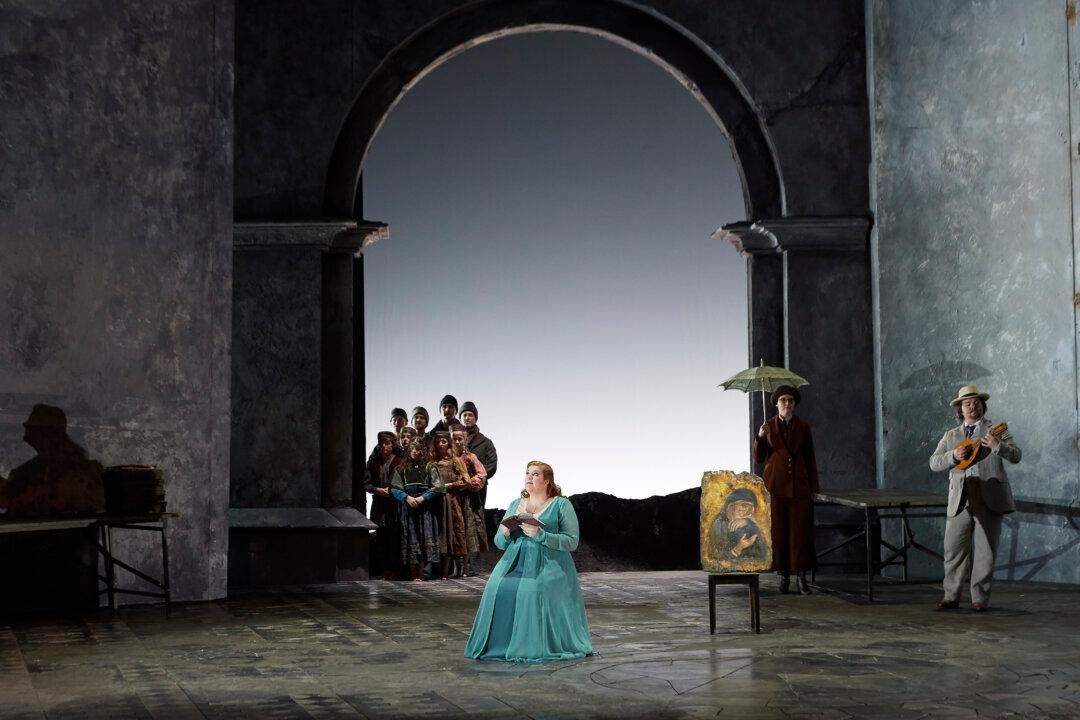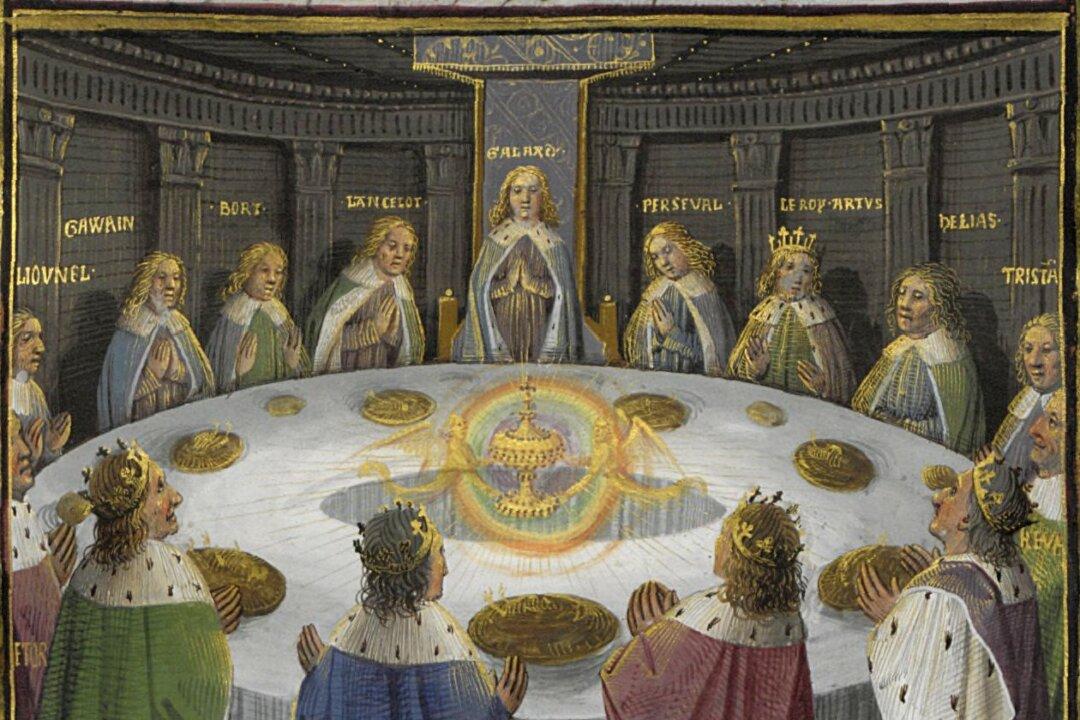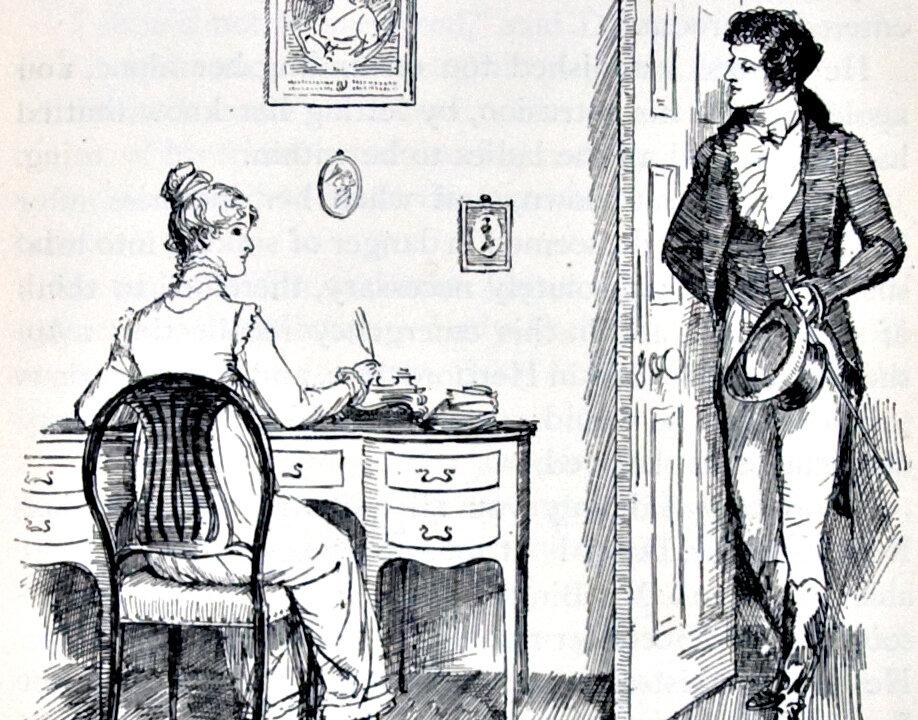Carolyn Sproule was 4 years old when she saw “The Sound of Music” and promptly decided she was going to be a singer. She started taking piano lessons, and by age 5, she was already singing and accompanying herself on the piano. Her dream was to sing musical theatre.
A few years passed and she started taking voice lessons. At 13, her teacher suggested she learn to sing classical music. She went home after the lesson, put on her mother’s opera album, and listened to the great soprano Maria Callas singing “Casta Diva,” the stirring aria from Bellini’s opera “Norma.” Something in Callas’s voice resonated with the young teen deeply, and after listening and re-listening to the song for two hours she knew her journey had changed.





